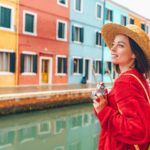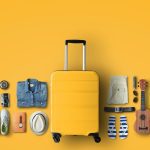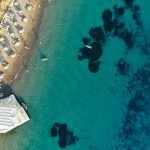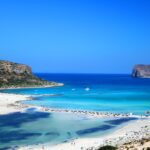Before Your Trip to Morocco
As you prepare for your upcoming journey to Morocco, we’re here to equip you with all the essential information to ensure a seamless adventure from beginning to end. Whether you’re wondering about visa requirements, packing tips for diverse climates, cultural etiquette, or essential emergency contacts, we’ve gathered comprehensive guidance to help you feel thoroughly prepared and excited for your exploration of Morocco’s rich tapestry of history and culture. Get ready to discover ancient medinas, vibrant souks, and breathtaking landscapes as you embark on this unforgettable experience in Morocco.
The Weather in Morocco
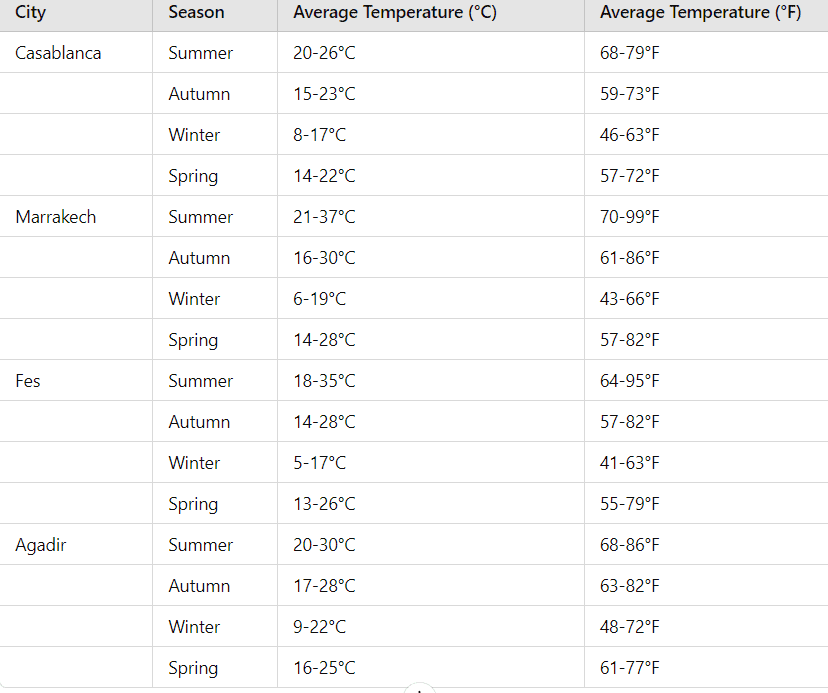
Morocco’s weather varies by region and season. Coastal cities like Casablanca enjoy mild and comfortable temperatures year-round, with warm summers and cooler winters. In Marrakech, summers are very hot, while winters are mild and pleasant, making it a great destination for winter sun. Fes experiences hot summers and cooler winters, typical of inland areas. Agadir, located on the coast, has warm summers and mild winters, offering a pleasant climate throughout the year. Spring and autumn are generally mild across the country, making these seasons ideal for travel, with comfortable temperatures and blooming landscapes. Morocco’s diverse climate ensures a variety of experiences, whether you’re visiting the coastal cities, inland areas, or the desert regions.
How to Dress in Morocco – Seasonal Considerations
Summer
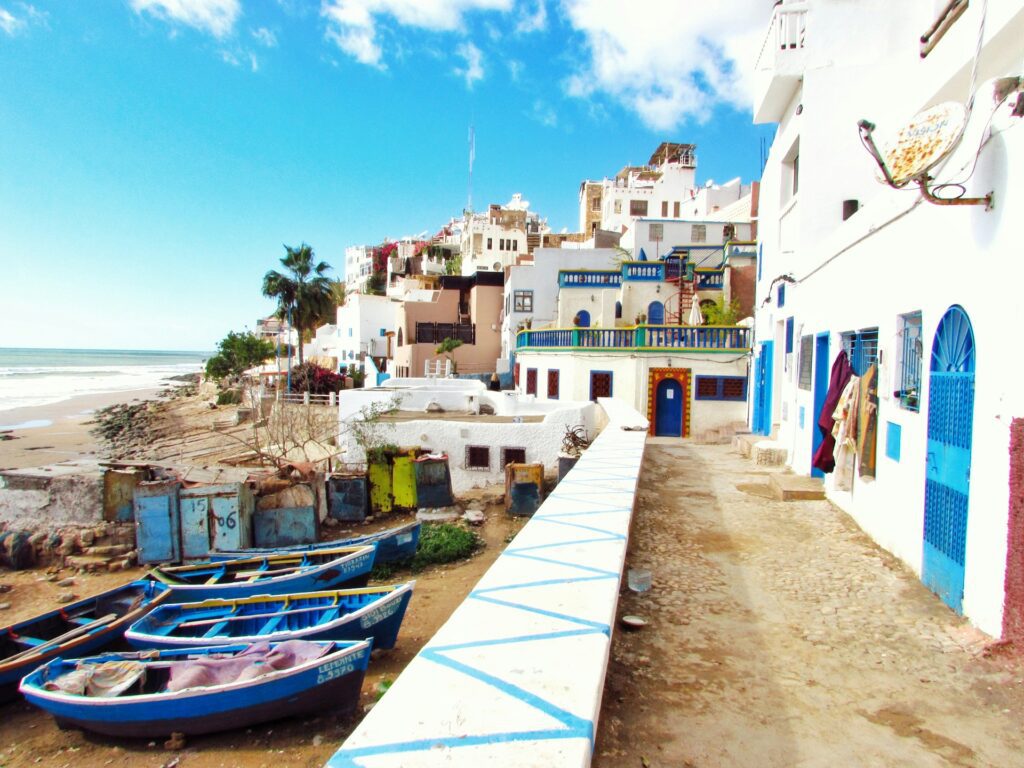
In summer, temperatures can be quite high, especially in inland areas like Marrakech and Fes. Opt for lightweight, breathable fabrics such as cotton or linen. Loose-fitting clothing helps keep you cool and provides comfort in the heat. Women should consider wearing long skirts or pants and tops with sleeves to respect local customs. A wide-brimmed hat, sunglasses, and sunscreen are essential to protect against the strong sun.
Autumn
Autumn brings milder temperatures, making it one of the best times to visit Morocco. Light layers are ideal as mornings and evenings can be cool while afternoons are warm. A light jacket or sweater is useful for cooler evenings. Comfortable walking shoes are essential for exploring cities and rural areas.
Winter
Winters in Morocco can vary significantly by region. Coastal areas like Casablanca and Agadir have mild winters, while inland areas can be quite cool, especially at night. Pack layers, including sweaters, a warm jacket, and long pants. A scarf or shawl can provide extra warmth and is handy for visiting religious sites.
Spring
Spring is another excellent time to visit Morocco, with pleasant temperatures and blooming landscapes. Light layers are again key, as the weather can vary throughout the day. A light jacket or sweater is useful for cooler mornings and evenings. Comfortable walking shoes are recommended for exploring both urban and rural areas.
Overall, dressing modestly is important in Morocco to respect local customs. Women should consider packing a scarf or shawl to cover their heads when visiting religious sites. Men should avoid shorts in urban areas. Comfortable, modest, and versatile clothing will ensure you are prepared for Morocco’s diverse climate.
The Currency in Morocco
The currency in Morocco is the Moroccan Dirham (MAD). Dirhams are divided into 100 centimes. It’s important to note that the Dirham is a closed currency, meaning it cannot be taken out of the country and should only be exchanged within Morocco. You can exchange foreign currency at banks, official exchange bureaus, and some hotels. ATMs are widely available in cities and towns, and most accept international bank cards. Credit cards are accepted in many hotels, restaurants, and shops, but it’s advisable to carry cash, especially in smaller towns and rural areas. Always check the current exchange rate before making transactions.
Where to Exchange Money in Morocco?
In Morocco, you can exchange money at various locations, ensuring you have access to local currency when needed. Banks are a reliable option and offer fair exchange rates. They are usually open from Monday to Friday. Official exchange bureaus, often found in airports, major cities, and tourist areas, provide another convenient option. Some hotels also offer currency exchange services, though rates may be slightly higher. ATMs are widespread in cities and towns and generally accept international bank cards, allowing you to withdraw Moroccan Dirhams directly. It’s advisable to exchange money at these official locations to avoid potential scams.
Tips for Exchanging Money in Morocco
When exchanging money in Morocco, use official locations like banks, exchange bureaus, and ATMs to ensure fair rates and avoid scams. Avoid street exchangers to prevent counterfeit currency. Be aware of current exchange rates and carry some cash, especially in smaller towns and rural areas. Keep your exchange receipts in case you need to convert leftover Dirhams back before leaving Morocco. ATMs often offer good rates, but inform your bank of your travel plans to avoid any issues. Try to avoid exchanging large amounts at airports due to less favorable rates.
The Language in Morocco
In Morocco, the official languages are Arabic and Berber. French is also widely spoken, especially in business and government. English is becoming more common, particularly in tourist areas, but proficiency can vary. In cities like Marrakech, Casablanca, and Rabat, you’ll find many people who can speak English, especially in hotels, restaurants, and tourist spots. In rural areas, English speakers are less common, so knowing a few basic phrases in French or Arabic can be very helpful. Most Moroccans in the tourism industry have some knowledge of English, making it easier for tourists to communicate.
The Necessary Documents and Emergency Contacts
Visa and Passport
To travel to Morocco, ensure your passport is valid for at least six months beyond your planned stay. Most visitors, including citizens of many countries such as the US, Canada, UK, and EU nations, can enter Morocco visa-free for stays of up to 90 days for tourism purposes. However, visa requirements can vary, so it’s advisable to check the specific requirements based on your nationality before travel. For longer stays or other purposes like work or study, a visa may be required, and it’s essential to apply for one in advance through the Moroccan embassy or consulate in your country. Always verify current entry requirements closer to your travel date, as regulations can change.
Travel Insurance
You must have travel insurance with a minimum medical, evacuation and repatriation coverage of US$50,000 covering all applicable dates of travel with the Tour Operator. This insurance must cover personal injury and emergency medical expenses. On the first day of each Tour, a representative of the Tour Operator will verify that you have sufficient insurance in place. You are strongly recommended to extend your coverage to include cancellation, curtailment, and all other expenses that may arise as a result of loss, damage, injury, delay or inconvenience while traveling. You acknowledge that insurance coverage is not included in the cost of any Tour offered by the Tour Operator, and you are required to obtain separate coverage at an additional cost. It is your responsibility to ensure that you have sufficient coverage and comply with the terms of the applicable insurance plans. You are responsible for advising your insurer of the type of travel, destination(s) and activities included in your booking so that the insurer may provide appropriate coverage.
Travel Vaccines for Morocco
When preparing for travel to Morocco, ensure your routine vaccinations like MMR, tetanus, and flu shots are up to date. Additionally, consider vaccinations for hepatitis A and B, as hepatitis can be contracted through contaminated food or water and through sexual contact or medical procedures. Typhoid vaccination is advisable, particularly if you plan to stay in rural areas or eat adventurous foods, while rabies vaccination is recommended for those involved in outdoor activities where animal bites may occur. Meningitis vaccination should be considered, especially if visiting during the dry season from December to June. Yellow fever vaccination isn’t required unless you’re arriving from a country where it’s endemic. Consult with a healthcare provider or travel medicine specialist well before your trip to determine the most appropriate vaccinations based on your health history and travel plans.
Essential Emergency Numbers in Morocco
The essential emergency numbers in Morocco;
Police: 19 (in urban areas), 177 (in rural areas)
Fire Department: 15
Ambulance/Medical Emergencies: 15
Royal Gendarmerie: 177 (for rural areas and highways)
Tourist Police: +212 (0) 537 762 000 (in major cities like Marrakech, Casablanca, Rabat)
These numbers can be crucial in case of emergencies, so it’s a good idea to keep them handy during your travels in Morocco.
Vegetarian, Vegan and Gluten-free Eating in Morocco

Moroccan cuisine offers a diverse array of flavors that can be enjoyed by those following vegetarian, vegan, or gluten-free diets, though some adaptations may be necessary. Many traditional dishes like vegetable tagines, which are slow-cooked stews made with a variety of vegetables and spices, and zaalouk, a dip made from cooked eggplants and tomatoes, are naturally vegetarian and can easily be made vegan. Additionally, couscous with vegetables is a common dish that can be vegan if prepared without butter or meat broth. Fresh salads and olives are also widely available and can complement these meals.
For those requiring gluten-free options, it is important to note that while couscous itself is not gluten-free, there are plenty of other dishes to enjoy. Rice-based dishes or those made with cornmeal can be good alternatives. It’s also useful to communicate dietary needs clearly, as cross-contamination can occur in kitchens where gluten is prevalent. Overall, with some care and communication, enjoying Moroccan cuisine while adhering to dietary restrictions is entirely possible, offering a delightful culinary experience.
Do’s and Don’ts in Morocco
Do’s
- Respect Local Customs; Dress modestly, especially in rural areas and religious sites.
- Learn Basic Arabic or French Phrases; A few words in the local language can go a long way in showing respect and building rapport.
- Haggle in Markets; Bargaining is a common practice in souks (markets), so feel free to negotiate prices.
- Use Your Right Hand; When eating or handing something to someone, use your right hand as it is considered more respectful.
- Ask for Permission Before Taking Photos; Always ask before photographing people, especially in rural areas.
Don’ts
- Avoid Public Displays of Affection; Kissing or hugging in public is frowned upon.
- Don’t Disrespect the King; Criticizing the king or the monarchy is illegal and can result in severe consequences.
- Don’t Enter Mosques If You’re Non-Muslim; Most mosques are off-limits to non-Muslims, so be respectful of these boundaries.
- Don’t Drink Alcohol in Public; Consuming alcohol in public places is not acceptable.
- Don’t Show the Soles of Your Feet; Avoid pointing your feet at people or religious sites as it is considered disrespectful.
What to Pack for Morocco
Travel Adapter for Morocco
When traveling to Morocco, it’s important to know that the country uses Type C and Type E electrical outlets. Type C outlets have two round pins, while Type E outlets have two round pins with an additional hole for the grounding pin. The standard voltage is 220 V, and the frequency is 50 Hz, which is similar to many European countries. If your devices are not compatible with these types of outlets or voltage, you will need a travel adapter and possibly a voltage converter.
Before packing, check if your electronic devices are dual voltage (110-240V). Most modern electronics like laptops, smartphones, and cameras are typically dual voltage, so you’ll just need an adapter to fit the plug into the outlet. For devices that are not dual voltage, a voltage converter will be necessary to avoid damaging your electronics. It’s also a good idea to bring a power strip with multiple outlets, especially if you have several devices to charge.
Wifi Access and Mobile Connectivity in Morocco
When traveling to Morocco, you’ll find that WiFi access is generally available in urban areas, hotels, cafes, and restaurants. Most accommodations offer free WiFi, though the speed and reliability can vary. In larger cities like Marrakech, Casablanca, and Rabat, finding a good WiFi connection is relatively easy. However, in rural areas and smaller towns, internet access may be limited or slower, so it’s advisable to plan accordingly if you need consistent connectivity.
For mobile connectivity, purchasing a local SIM card is a convenient and cost-effective option. Major telecom providers like Maroc Telecom, Orange, and Inwi offer prepaid SIM cards with data plans that can be bought at the airport, in city centers, or at authorized retailers. These plans are typically affordable and provide good coverage across most of the country. Ensure that your phone is unlocked before traveling, so you can easily switch to a local SIM. Having a local SIM card not only provides internet access on the go but also allows you to make local calls, which can be useful for navigating or arranging transportation.
In Your Suitcase
- Versatile, modest clothing (long pants, skirts, tops covering shoulders)
- Lightweight, breathable fabrics
- Warmer layers for cooler evenings
- Comfortable walking shoes
- Hat
- Sunglasses
- Sunscreen, Protect your skin from the strong sun rays with a high SPF sunscreen, especially if you plan to spend time outdoors.
- Light scarf or shawl
- Vitamins and probiotics, Boost your immune system and digestive health during your travels
In Your Daypack
- Reusable water bottle
- Small first aid kit (basic medications, hand sanitizer, tissues)
- Camera or smartphone, Capture memories of Morocco
- Portable phone charger and cables
- Travel adapter
- Copy of your passport
- Local currency
- Map or guidebook
- Snacks
- Lightweight rain jacket

